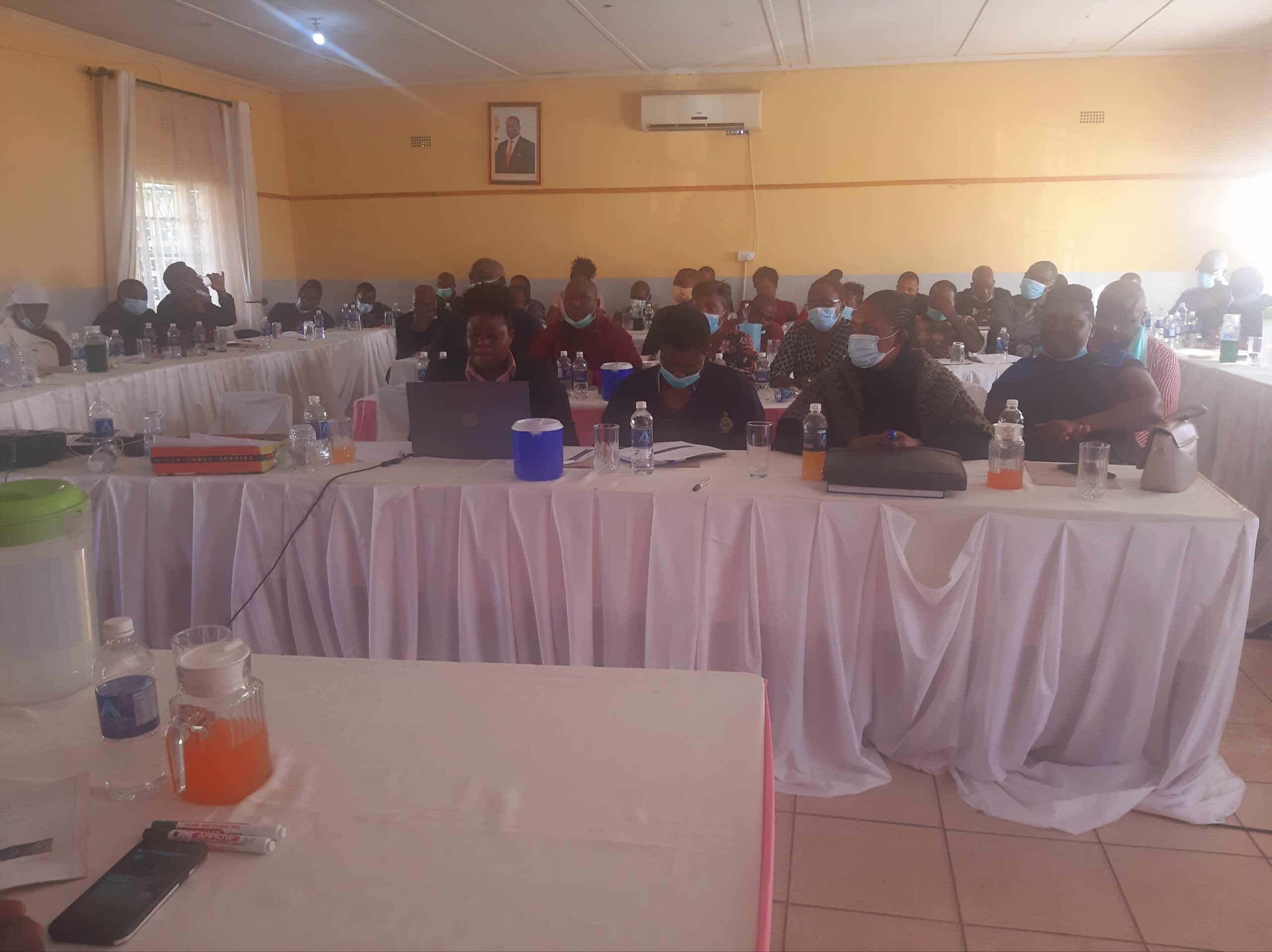
City of Masvingo holds Integrated Results Based Management training workshop
The City of Masvingo is currently holding an Integrated Results Based Management training workshop and specifically focusing on personnel performance systems.
The training workshop is meant to afford Council’s employees from grades 10 to 14 with a platform to come up with annual work plans and performance agreements for the year 2022 as well as create a road-map that will ensure the success of the local authority.
Addressing participants who are attending the Integrated Results Based Management workshop, City of Masvingo Town Clerk, Eng Edward Mukaratirwa challenged participants to constantly familiarize themselves with national strategic planning policy documents to successfully respond to national goals highlighted in the vision 2030.
Eng Mukaratirwa also emphasized the importance of results, noting that there was a need for employees to be result oriented and shun presenteeism, particularly at this point in time, when Council is working towards attaining its vision of becoming An Industrialised Metropolitan City by 2030 dovetailing with the City’s strategic plan.
‘We must be result-oriented and work towards achieving tangible results. Proper planning, execution of duties and self-evaluation is needed if we are to achieve results. Employees should shun presenteeism and not lose sight of the symbiotic relationship between the strategic plan and the IRBM, lest our performance contracting and our annual RBM plan get out of sync. There is need to know what we are operationalising and what we want to achieve. Since we are the ones who are setting the tone, it will be very easy to self-evaluate and rate ourselves against the achieved results. Our planning should also be in line with national objectives and policies. At the end of each municipal calendar year, we should be able to achieve our targets and applaud ourselves for the achievements’, he said.
The workshop comes at a time when the performance of the country’s local authorities will now be measured and evaluated based on five key programmes namely; governance and administration, water, sanitation and hygiene, social services, roads infrastructure and public safety and security




